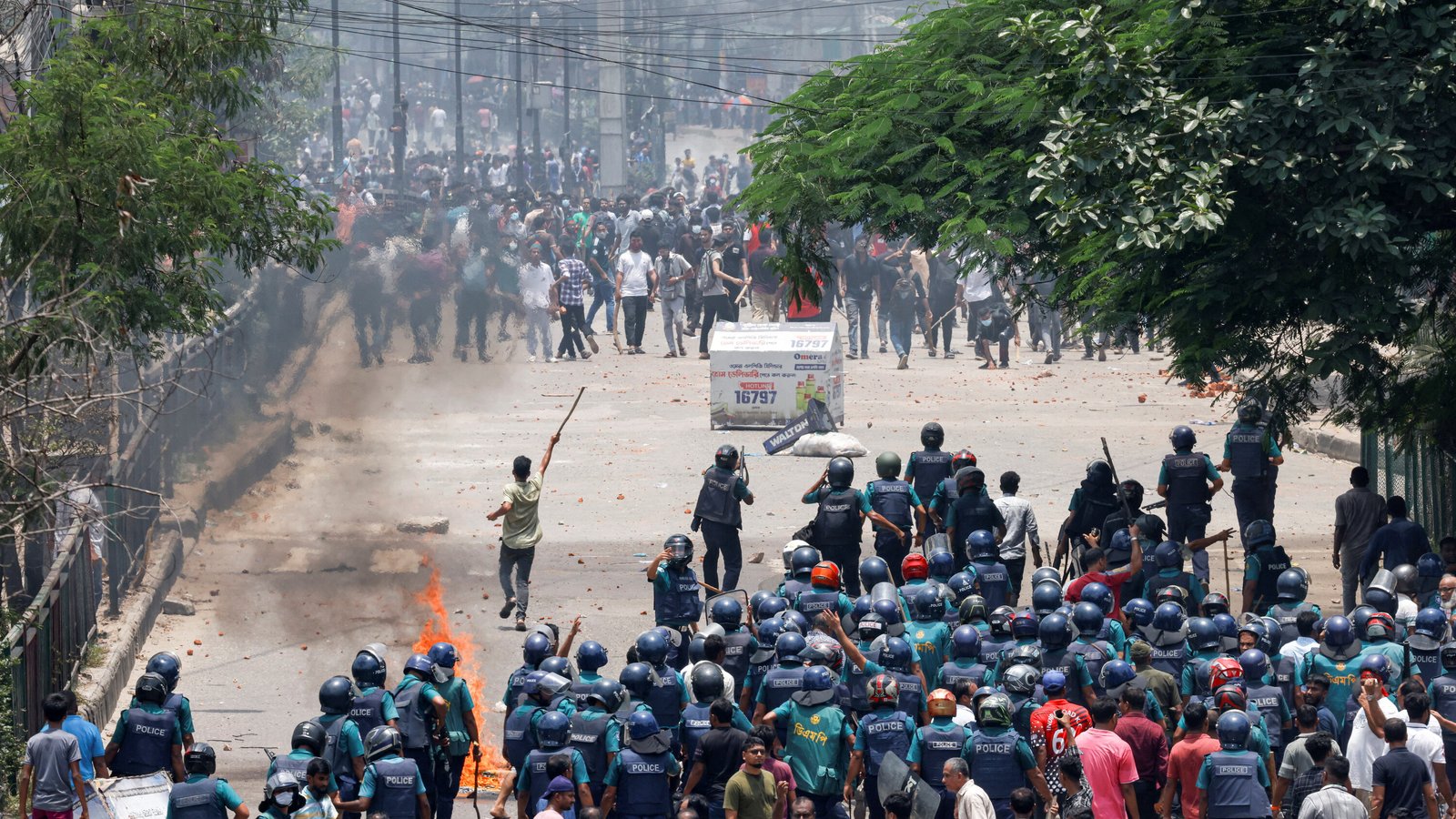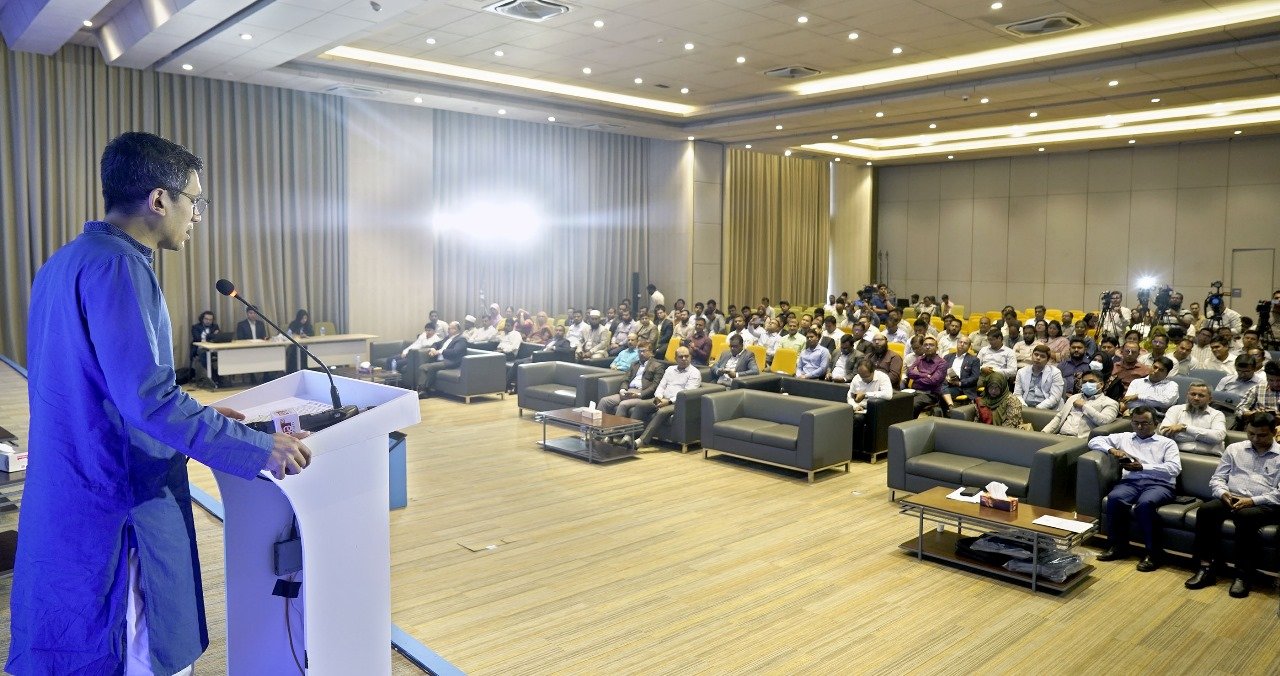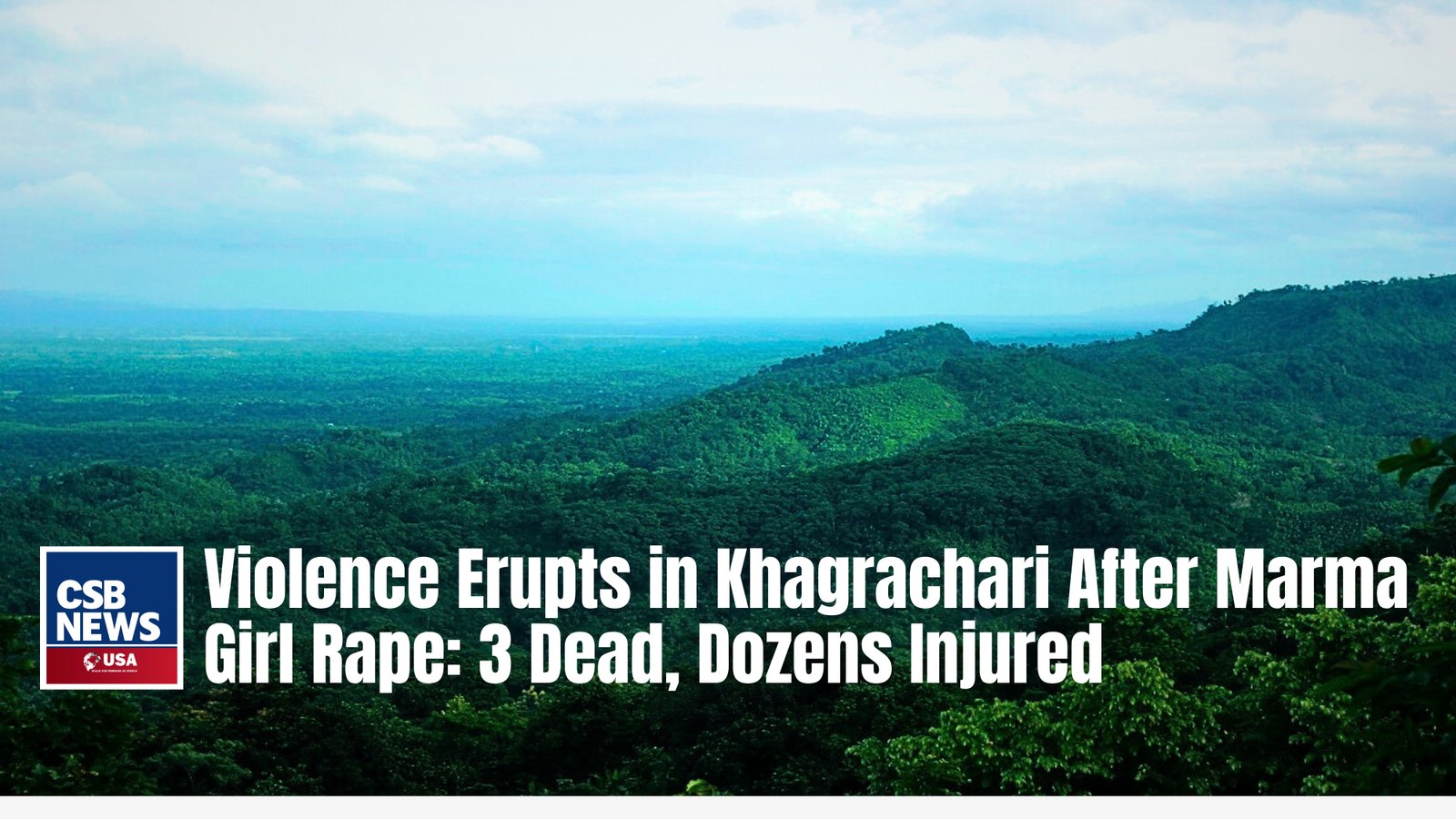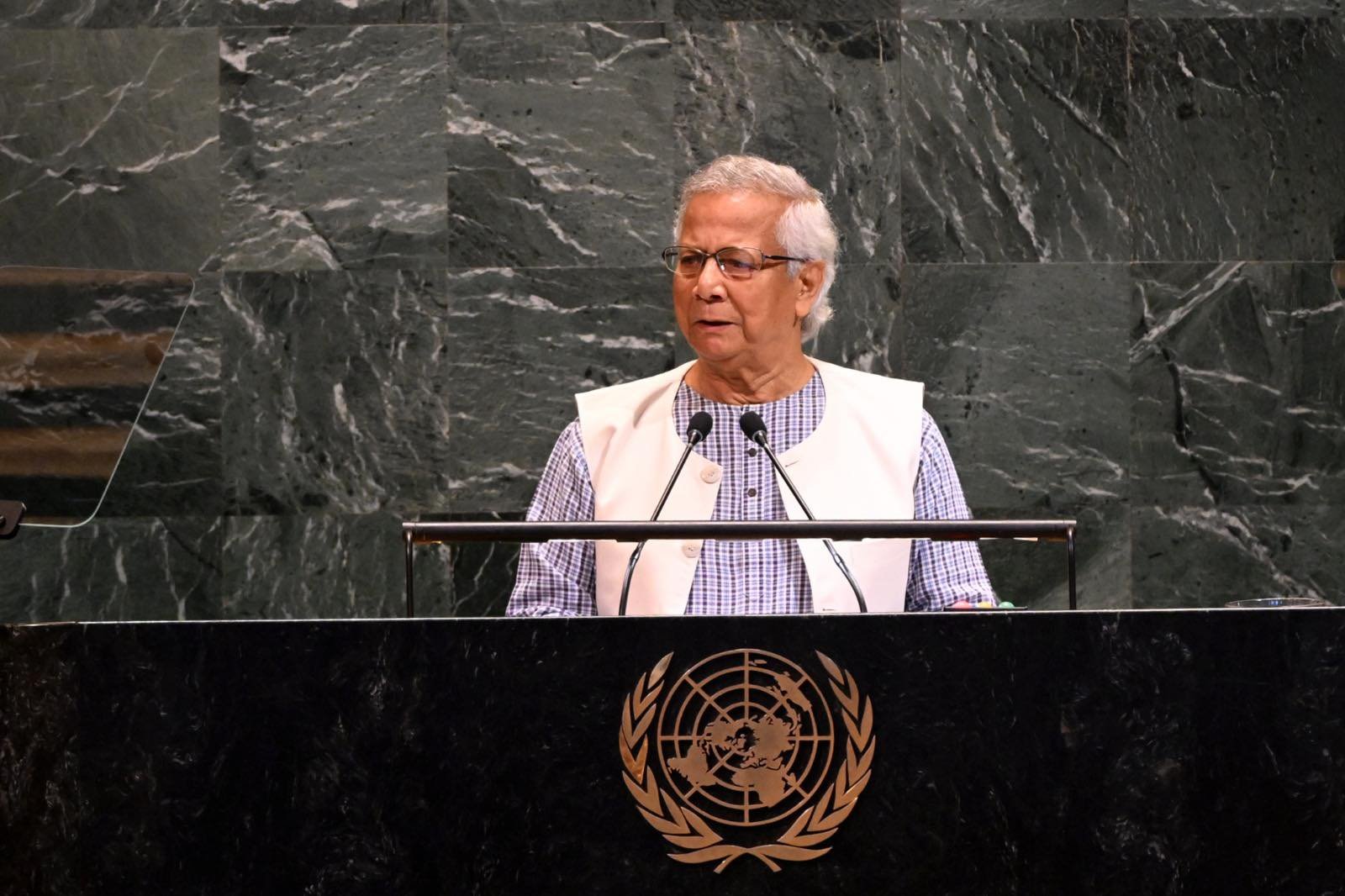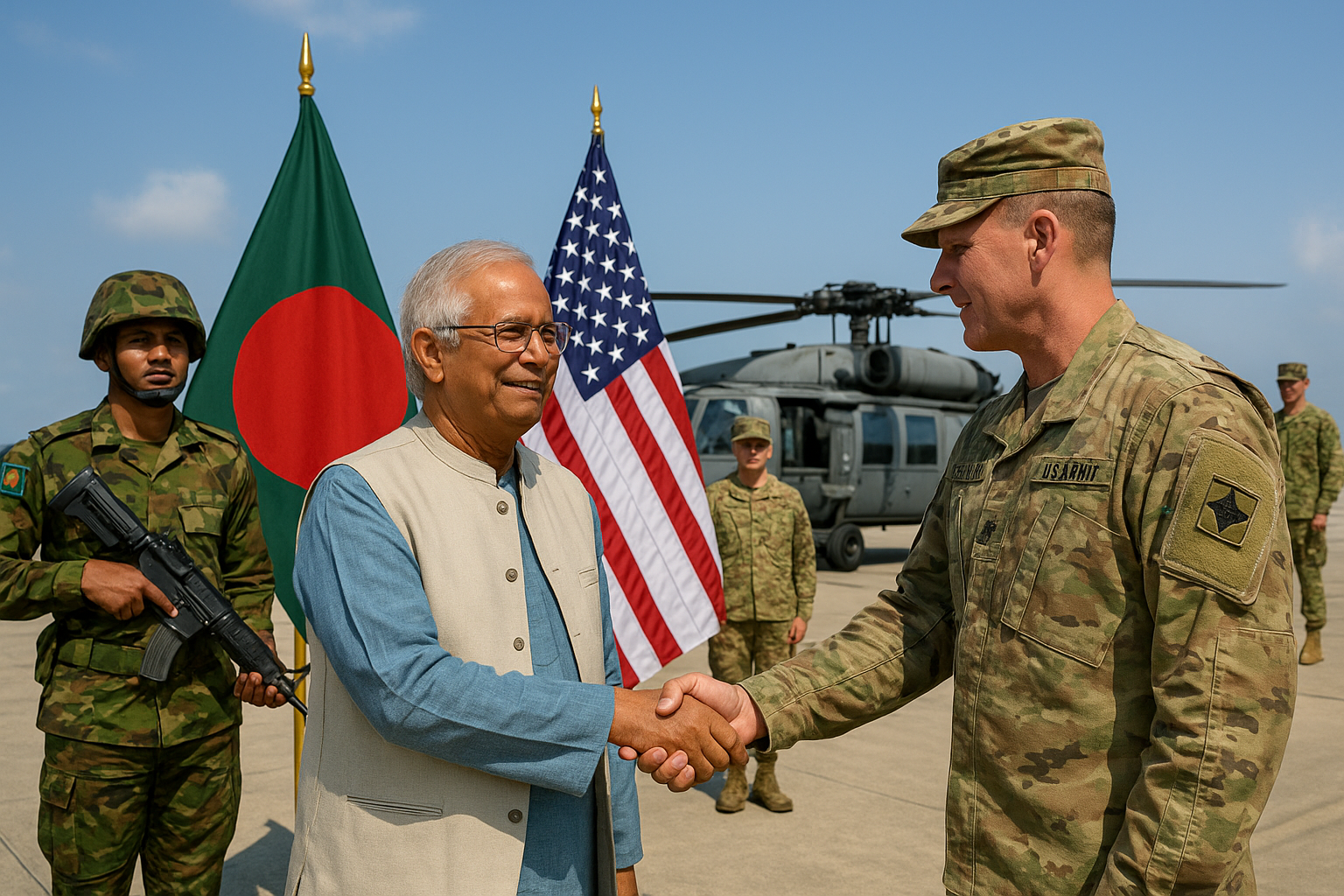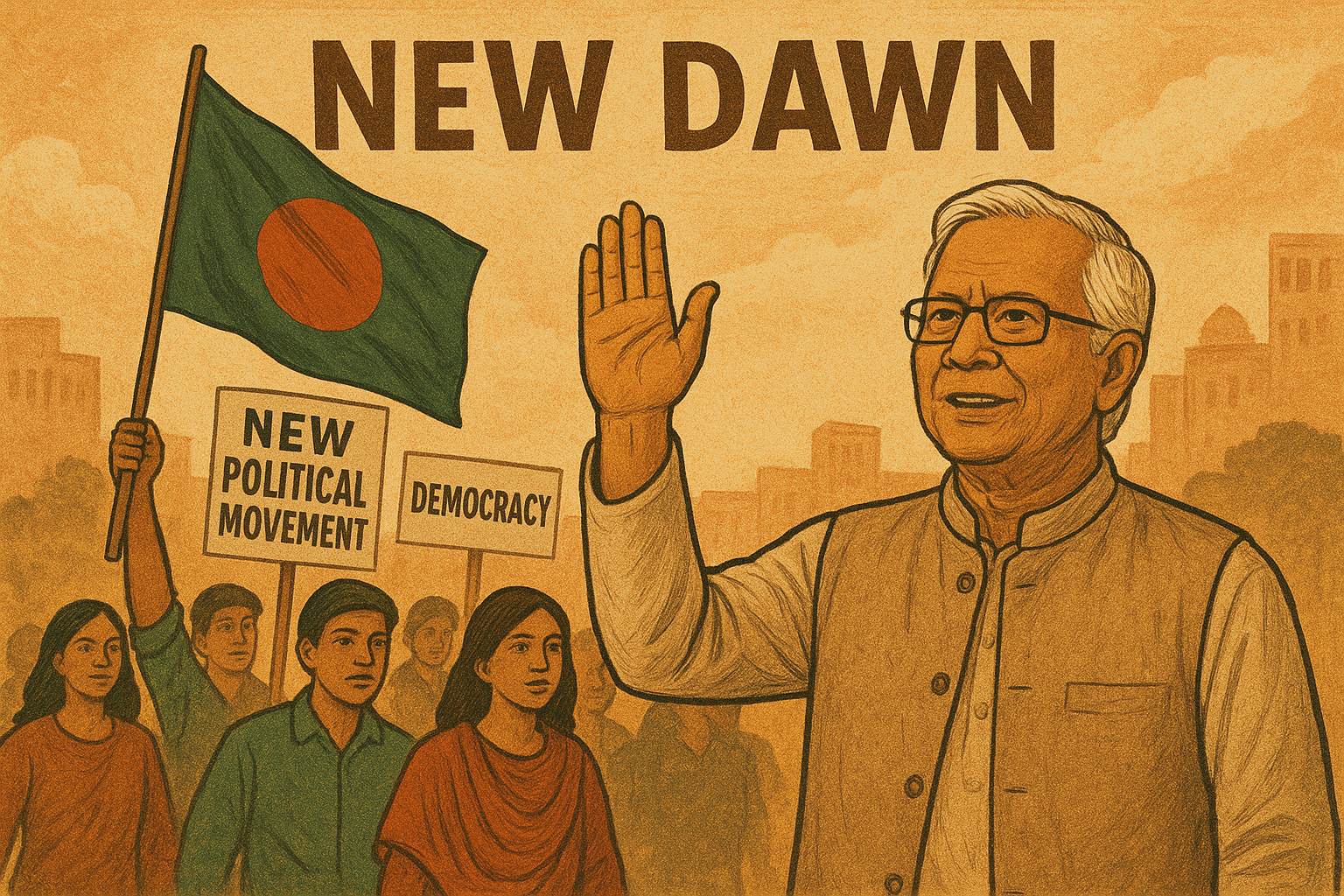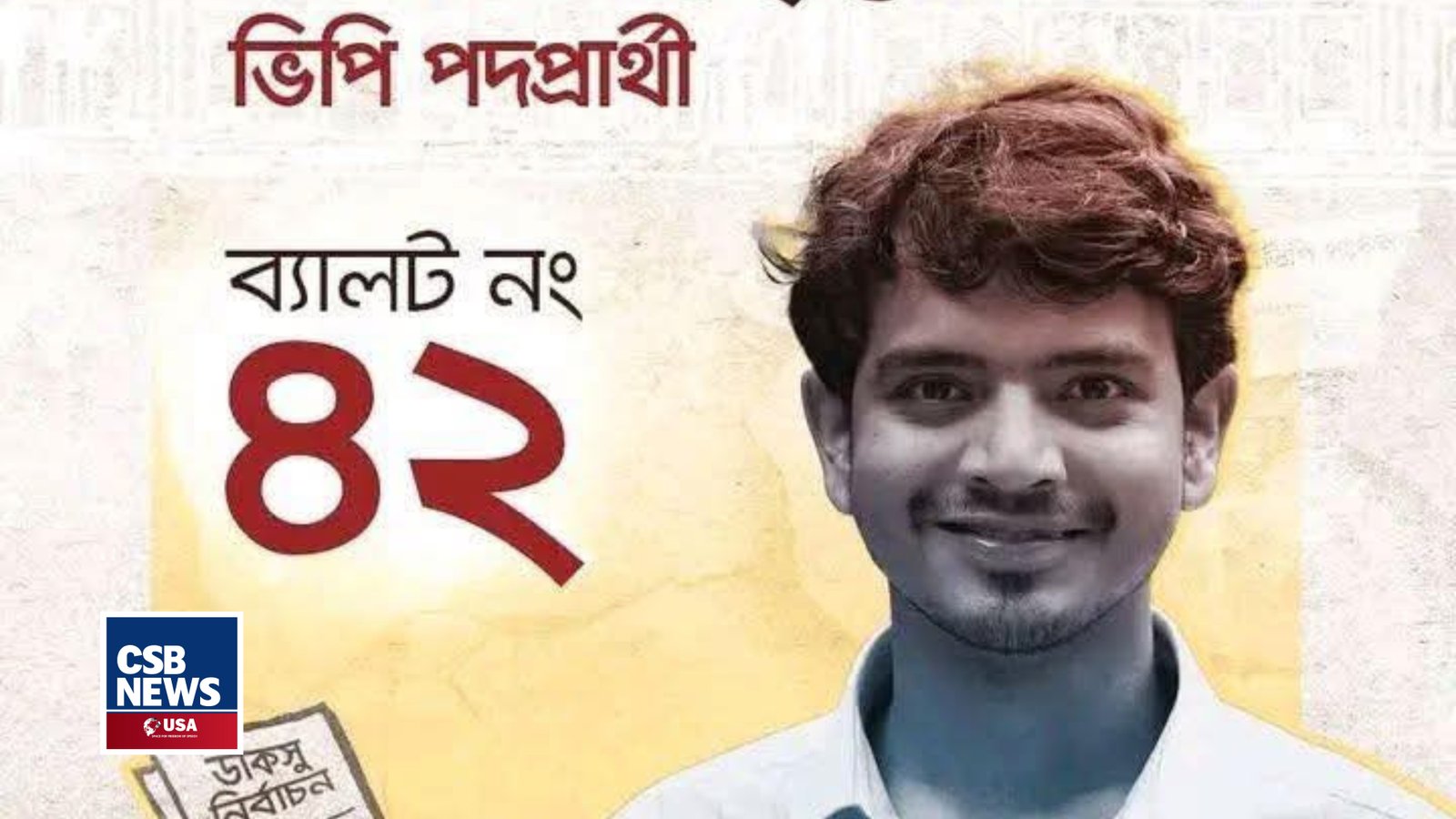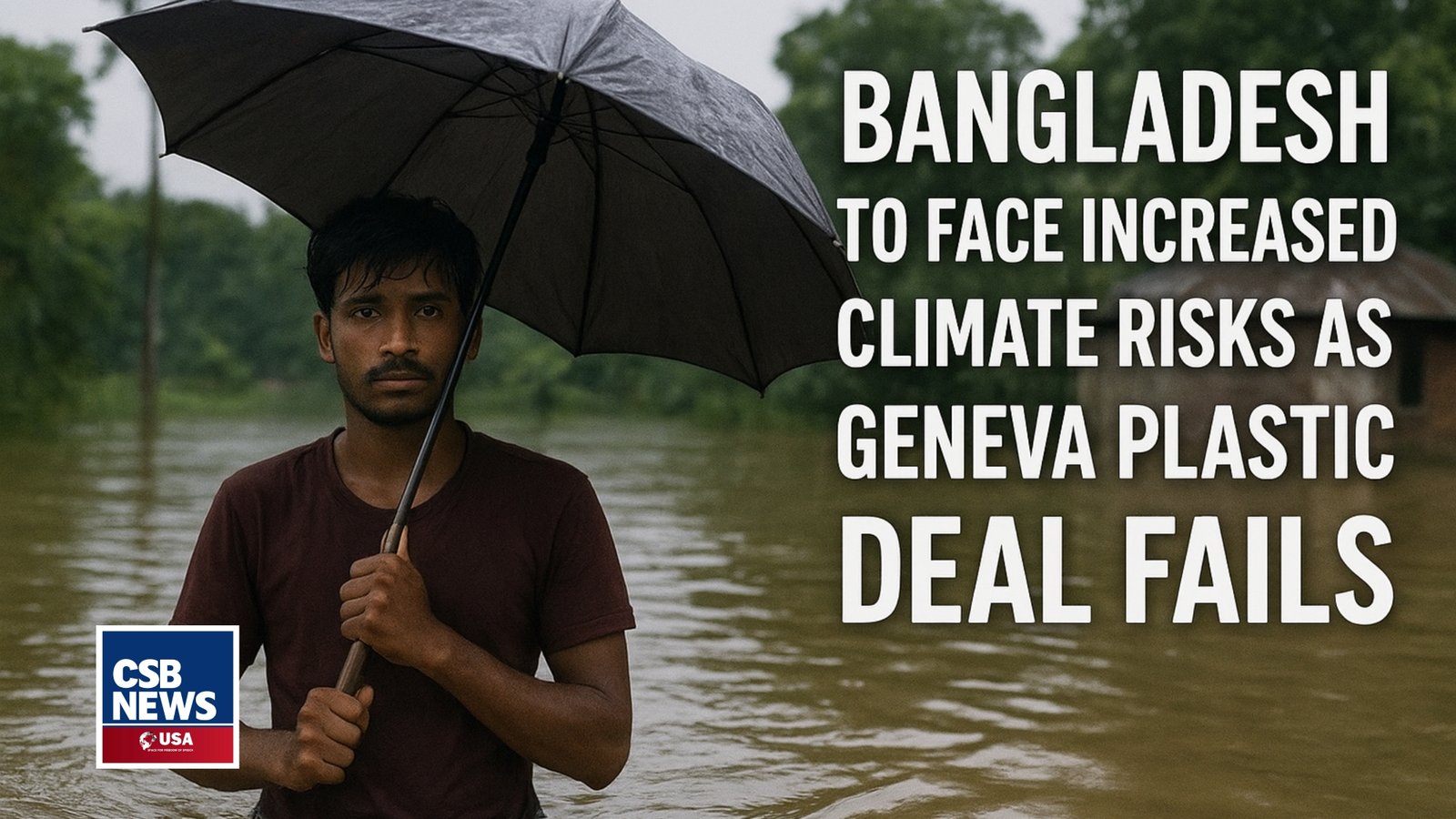Nationwide Student Movement and 20 Days of Government Suppression over Quota Reform in Bangladesh (July 1 to July 23)
The students’ protest initially began over the quota system in government jobs. However, as the government attempted to suppress the movement with violence, people from all walks of life joined the protest.
Nationwide Student Movement and 20 Days of Government Suppression over Quota Reform in Bangladesh (July 1 to July 23)
Nationwide Student Movement and 20 Days of Government Suppression over Quota Reform in Bangladesh (July 1 to July 20) The students’ protest initially began over the quota system in government jobs. However, as the government attempted to suppress the movement with violence, people from all walks of life joined the protest.
July 2: A protest took place in Dhaka demanding the abolition of the quota system in government jobs. At the time, 56% of government positions were reserved for various categories. According to the students, the system was discriminatory and harmful to merit-based recruitment.
Although the government abolished the quota system in 2018, it was reinstated by a High Court order after several affected individuals filed petitions. While the government appealed against the High Court’s decision, students refused to wait for the verdict. Instead, they demanded an executive order abolishing the quotas and took to the streets to press their demand.
July 10–12: Under the “Bangla Blockade” program, students staged sit-ins at key intersections in the capital and major highways, disrupting road, highway, and rail communication across the country.
July 14: In response to students’ opposition to reserving 30% of government jobs for the children and grandchildren of freedom fighters, Prime Minister Sheikh Hasina was asked about the matter at a press conference in Dhaka. She replied, "Why do they hold such resentment against freedom fighters? Should the descendants of freedom fighters receive benefits, or should those of collaborators (Rajakars)?"
July 14: Following the Prime Minister’s remarks, students at various universities became enraged. They interpreted the comments as directed at them. Late at night, they marched and chanted slogans such as: "Who are you? Who am I? Rajakar, Rajakar!" and "We demanded our rights, and now we’re labeled as Rajakar."
July 15: Several ministers and leaders criticized the students for allegedly identifying themselves as Rajakars. Veteran Awami League leader and Minister of Road Transport and Bridges, Obaidul Quader, said to the media, “Those who call themselves Rajakar will be dealt with harshly by the Awami League’s student wing, Chhatra League.”
July 15: Chhatra League activists attacked quota reform protesters at Dhaka University and even assaulted injured students receiving treatment at Dhaka Medical College Hospital. Over 300 people were reportedly injured in the clashes.
July 16: The clashes spread to Dhaka, Chattogram, and the northern region of Rangpur, resulting in the deaths of at least six people. General students at Dhaka and Rajshahi Universities chased away Chhatra League activists and vandalized their residential dormitory rooms.
July 17: Students attempted to hold a "funeral prayer in absentia" for the deceased. However, police attacked these gatherings at Dhaka, Rajshahi, and Jahangirnagar Universities. University administrations closed the campuses and ordered students to vacate dormitories.
July 17: Prime Minister Sheikh Hasina addressed the nation on television. She expressed sorrow over the deaths in the July 16 violence and announced the formation of a judicial inquiry to hold the perpetrators accountable. She urged students to wait for the Supreme Court verdict on the quota issue, which was scheduled for August 7, and assured them that the outcome would not disappoint.
July 19: Violence escalated across the country. A metro rail station in Dhaka was set on fire, and the public transport authority’s building was vandalized. At least 66 people were reportedly killed in clashes between protesters and police. In Narsingdi, protesters took control of a prison, released around 900 inmates, and looted about 80 firearms and over 1,000 rounds of ammunition. The government imposed a nighttime curfew and deployed the army to protect key installations and restore order.
July 20: On the first day of the curfew, at least 21 more people were killed. The curfew was extended indefinitely. Leaders of the quota reform movement and BNP were arrested, and the government declared a two-day public holiday.
Following the imposition of martial law, the military was deployed in the streets of Dhaka (Photo: July 23, 2024).
July 21: The Supreme Court issued a ruling reducing quotas in government jobs — 5% reserved for families of freedom fighters and 2% for ethnic minorities and the third gender. The curfew remained in effect, and seven more people were killed. The chiefs of the three armed forces met with the Prime Minister to discuss the security situation.
July 23: The government officially issued a gazette notification announcing the new quota allocation in line with the Supreme Court’s verdict. However, the student movement organizers rejected it, calling the reform insufficient and too late, especially after so many deaths (According to The Daily Star, the death toll was 146). Arrests of opposition leaders continued. Internet service was restored in some areas.


